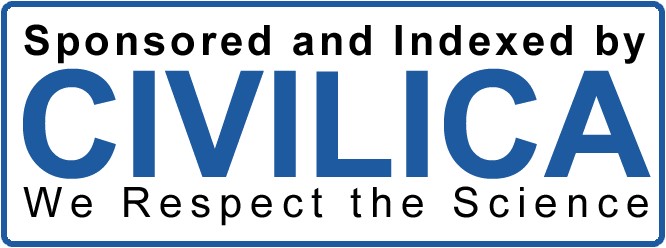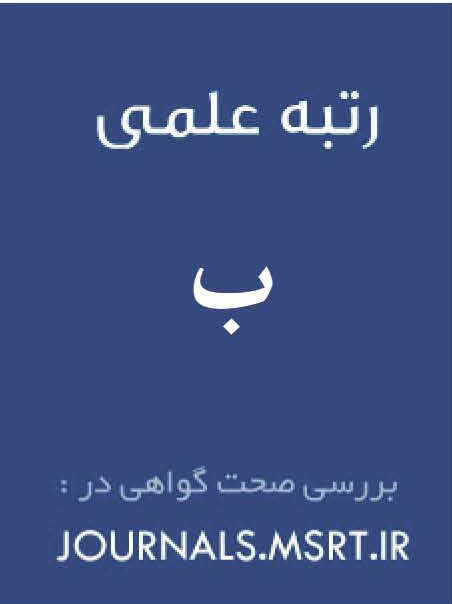Content Analysis of Motivational Strategies Used by Counselors in Treating Adolescent Anxiety
Keywords:
Adolescent anxiety, motivational strategies, counseling, treatment, qualitative content analysis, family involvementAbstract
This study aimed to identify and analyze the motivational strategies used by counselors in treating adolescent anxiety in the context of individual counseling sessions. A qualitative research design was adopted using inductive content analysis. Data were collected through semi-structured interviews with 23 counselors specializing in adolescent anxiety treatment in Tehran. Participants were selected via purposive sampling, and interviews continued until theoretical saturation was reached. NVivo 12 software was used for data organization and coding at three levels: open codes, subcategories, and main categories. The results revealed three main themes: “building a supportive therapeutic relationship,” “enhancing adolescents’ intrinsic motivation,” and “engaging the family in motivational support.” Subthemes included trust-building, empathy, treatment meaning-making, self-efficacy promotion, parental education, and family interaction adjustment. Counselors reported that these strategies were applied in an integrative and individualized manner tailored to each adolescent's characteristics. The findings suggest that counselors adopt a multidimensional approach to adolescent anxiety treatment, emphasizing human connection, internal motivation, and family involvement as foundational elements. Developing personalized motivational interventions and enhancing parental collaboration can improve the effectiveness of psychological treatments for adolescents.
Downloads
Downloads
Published
Submitted
Revised
Accepted
Issue
Section
License

This work is licensed under a Creative Commons Attribution-NonCommercial 4.0 International License.






